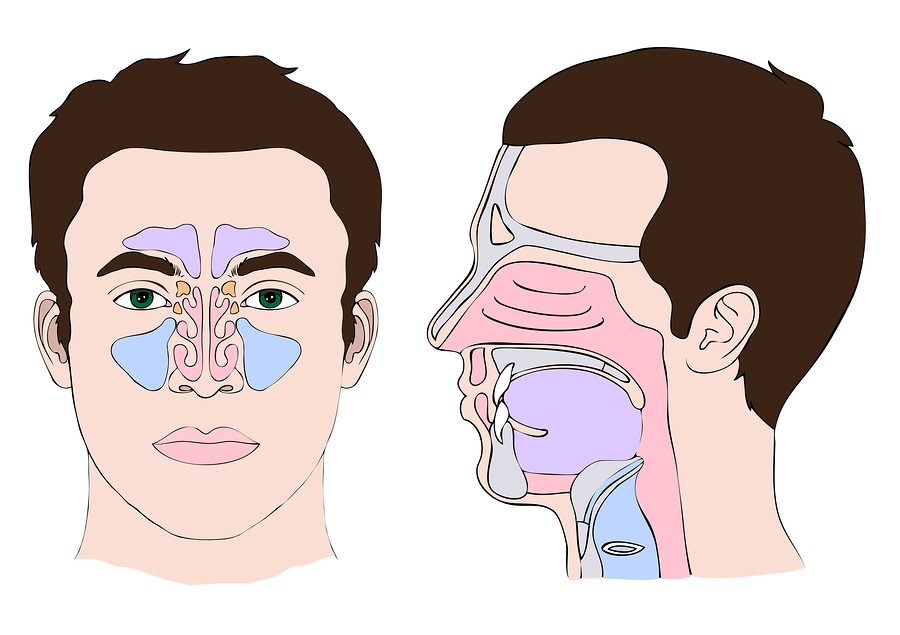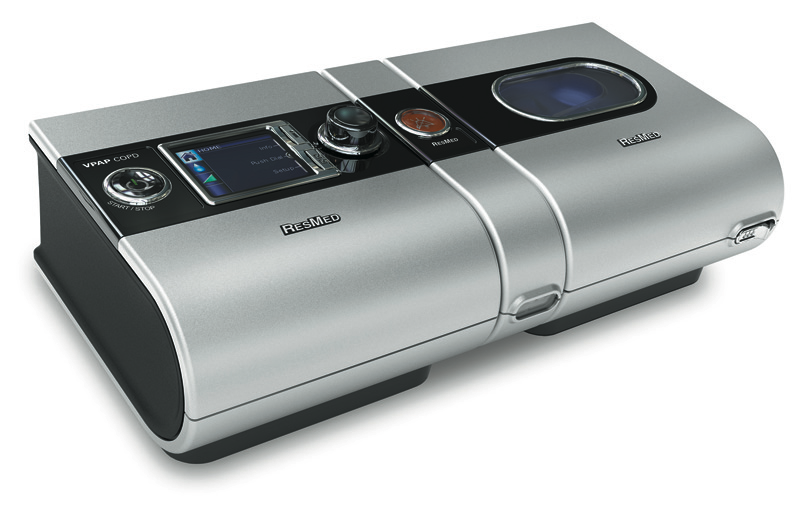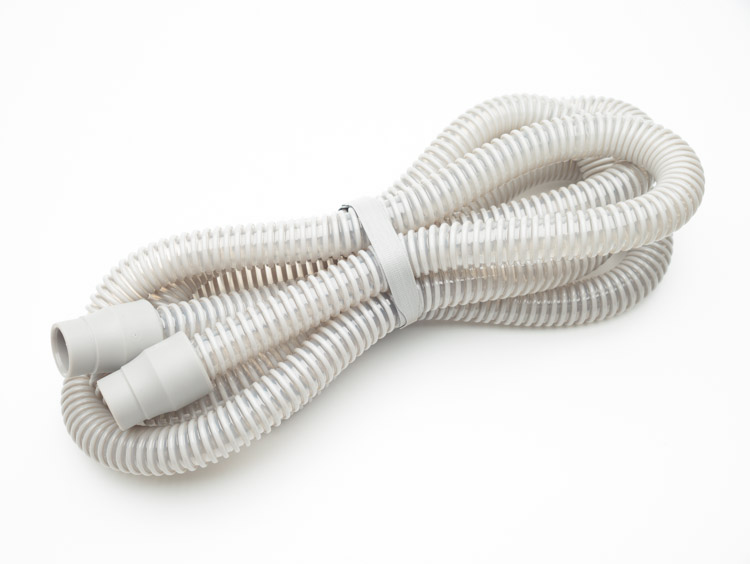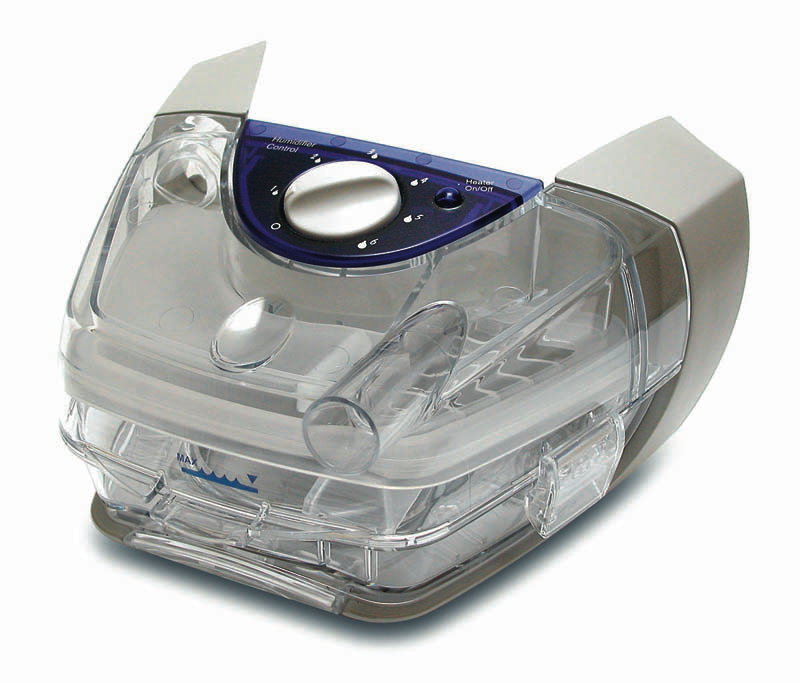
One of the biggest questions that new CPAP users have is whether heated humidification will be an effective supplement in treating their obstructive sleep apnea. If you are among the 75% of patients receiving non-humidified CPAP treatment that experience varying degrees of dry, congested, and/or sore nose and throat, using a heated humidifier may be incredibly beneficial. You see, the respiratory tract is a mighty and hard working machine that keeps a steady and constant flow of air flowing in and out of your nose and mouth, and it does an excellent job of humidifying that air in order to keep your nasal passages at the most homeostatic and optimal moisture level. However, CPAP treatment has been known to compromise this homeostasis. So, will heated humidification work for you? The answer to this question can’t be arrived at without first looking at a number of different factors.
If you are over sixty years of age, you are actually five times more likely to require humidification. And if you are on any two or more prescription medications, you are six times more likely.
– Rakotonanahary D et al. Chest 2001
The American Academy of Sleep Medicine recommends heated humidification as a standard practice, but it is important to look at some of the benefits and the reasons why people might need heated humidification in the first place. For instance, some people simply use heated humidification because it makes receiving CPAP treatment for comfortable, but some people use heated humidification because their doctors actually recommend it. The main reason a doctor may recommend using a humidifier, is to reduce the amount of dryness that CPAP therapy could be causing. Dryness is one of the most common, unwelcome side effects of CPAP therapy.

One of the main causes of dryness is something called mouth leak, which occurs in roughly 40% of CPAP users. Mouth leakage can occur for over a quarter of an individual’s sleep time. Mouth leak starts with the dryness and congestion that can develop from CPAP usage. When dryness occurs, it can become harder and harder to breath through your nose, which ultimately results in the pressurized air to be sent out of your mouth – unintentionally of course. This leaked pressurized air can cause further dryness, which is made worse by the fact that your nasal passages are working on overdrive to produce more mucous. As a result, your mucus membranes become engorged – cue nasal congestion – and the mouth leak continues, thus creating a vicious cycle. Heated humidification, however, can put a stop to this vicious cycle and provide significant relief.
Another reason why you may benefit from heated humidification is if you are among the population of sleep apnea sufferers who should be required to use heated humidification from the onset of treatment. For instance, if you are over sixty years of age, you are actually five times more likely to require humidification. And if you are on any two or more prescription medications, you are six times more likely. Also, do you have chronic mucosal disease, sneezing, or postnasal drip? – You are four times more likely to require humidification. Moreover, have you had your uvula – that little dangly thing in the back of your throat – removed? – You are also four times more likely to need heated humidification.
If you are reading this and thinking that you yourself may benefit from the wonders of heated humidification, it is important to keep a few things in mind before you purchase a humidifier for your CPAP machine. For one, not all humidifiers are created equal, so you need to find the one that you think will work best for you. Also, just like you customized your CPAP therapy experience, you will also need to customize your heated humidification experience. For instance, according to the temperature of the room, you will want to adjust the heat settings of the humidifier to reduce condensation from building up in the tubing. This condensation can cause something called “rainout,” which can be quite a nuisance when you are trying to catch some Z’s. Rainout happens when the condensation in the tubes build up to the point where they cause a loud gurgling sound – the condensation can even exit the tube and splash you in the face. However, thanks to the modern wonders of science and technology, you can purchase a heated hose, like the ThermoSmart™ Heated Hose, which has an internal heated coil and algorithms to reduce condensation and rain out. What will they think of next?
So, just because you are experiencing a little dryness, it doesn’t mean you should quit CPAP treatment. It could mean, though, that you need to pick up a heated humidifier in order to restore proper moisture levels to your respiratory tract. Having the proper moisture levels will be the key to getting a better night’s sleep and receiving CPAP treatment more comfortably. Doctors say that discomfort is one of the main things that gets in the way of CPAP adherence, but it is important to know that comfort can be easily attained by simply adding a heated humidifier to your treatment regimen. Just because you have sleep apnea and need to undergo nightly CPAP therapy, it doesn’t mean that you can’t get a cozy night’s sleep.











